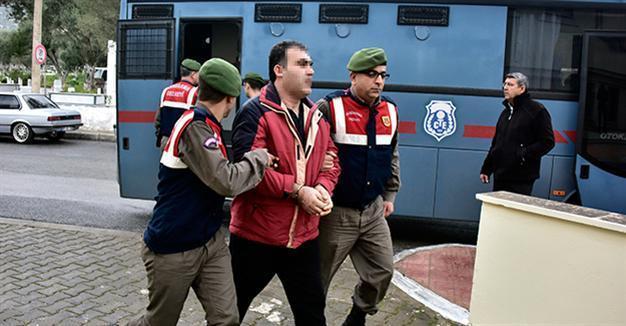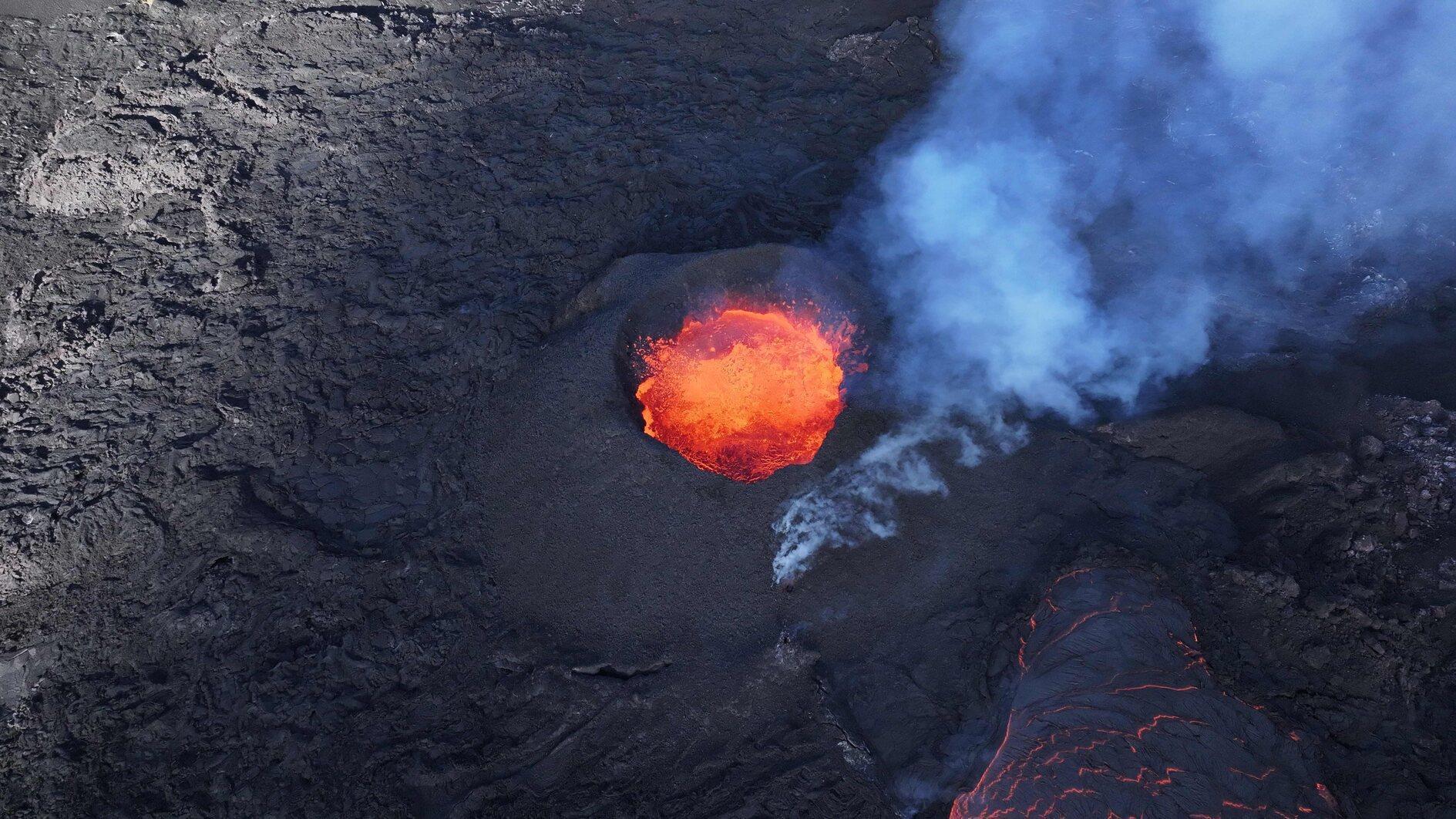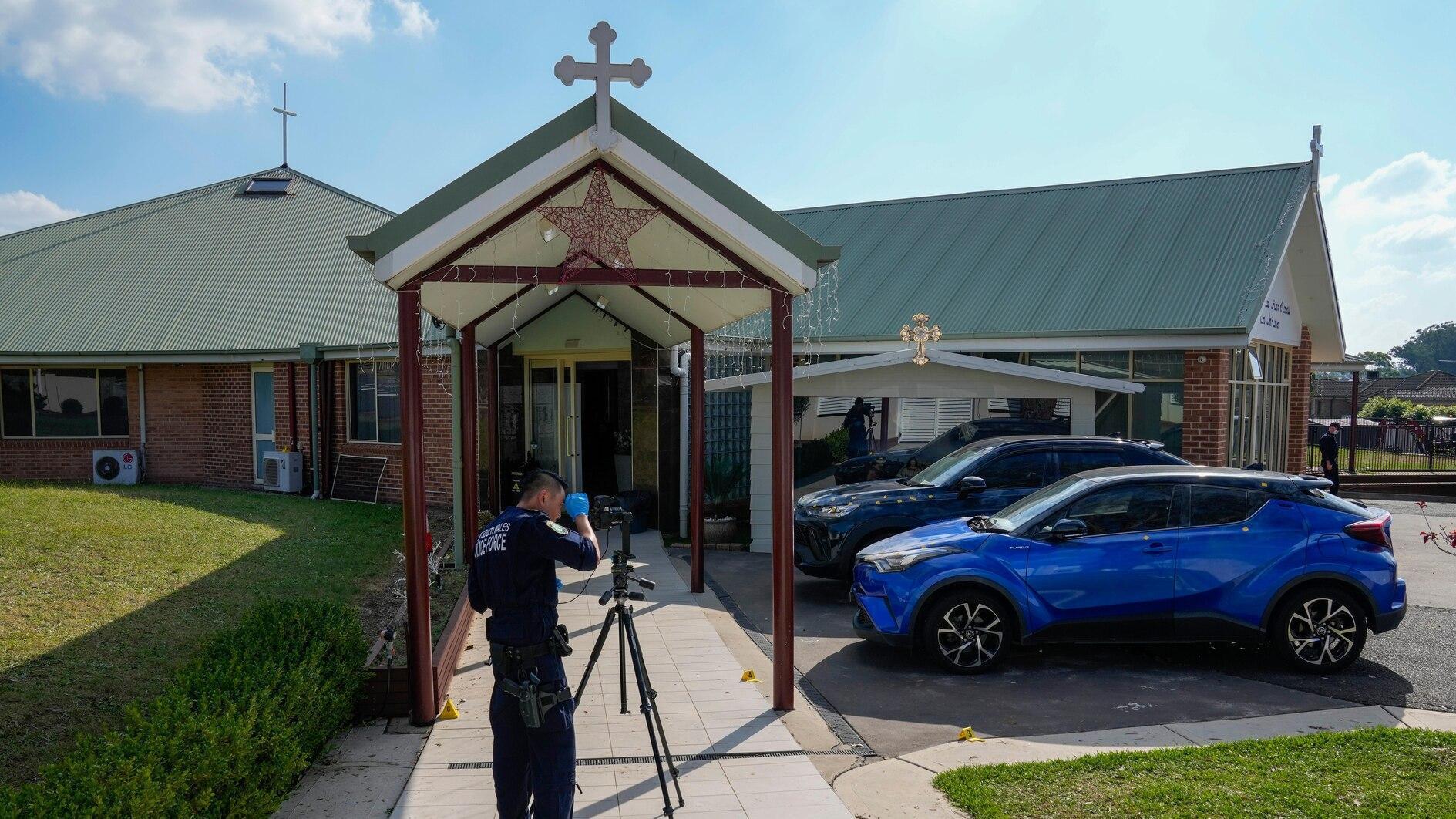Suspects accuse father of Aylan Kurdi of being human smuggler
ISTANBUL - Agence France-Presse

AA Photo
Two suspected human smugglers being tried by a Turkish court over the death of several migrants - including toddler Aylan Kurdi, whose drowning shocked the world last year - have accused the father of the Syrian toddler of being human smuggler and using the boat at time of the incident.Two Syrian human smugglers went on trial on Feb. 11, along with two alleged people smugglers, accused of causing the death of migrants.
A photograph of the three-year-old, face down in the sand on a Turkish beach in his toddler’s clothes, caused horror when it was published in September 2015 after his family decided to make the risky journey to Greece in an open boat.
Aylan’s mother Rihana and his four-year-old brother Ghaleb also died in the same accident.
The trial of Syrian nationals Muwafaka Alabash and Asem Alfrhad has opened at the criminal court in the western Turkish resort of Bodrum. If convicted, they each face up to 35 years in jail.
They are charged with smuggling migrants and causing the deaths of five people, including Aylan Kurdi, his brother and his mother, when their boat sank en route to Greece.
But also on trial in absentia was Aylan Kurdi’s father, Abdullah Kurdi, who survived the sinking of the boat, on accusations of being an organizer of the smuggling. The precise charges against him have not been made clear. Both of the defendants in court said Abdullah Kurdi was a well-known organizer of people smuggling in the Bodrum area, accusing him of being responsible for the deaths and driving the boat at the time of the disaster.
“The real criminal here, the organizer, is Abdullah Kurdi, who became a hero on television but did not even testify,” said Asem Alfrhad in court.
Muwafaka Alabash said he had been told before coming to Bodrum to “’find Abdullah Kurdi, he does the migrant smuggling.’ I found him in Bodrum. Everyone knew him. He collected money from his people.”
The court also heard testimony from Syrian refugee Emin Haydar, who witnessed and survived the sinking, and said that Abdullah Kurdi had been “driving the boat” at the time.
“While the person behind this gives TV interviews, the two victims remain behind bars,” said Alfrhad’s lawyer Duygu Çakmak Bişen.
“It is clear that my client received no money from anyone,” she added, saying her client had only wanted to go to Europe.
However, the court decided to drop the legal proceedings against Abdullah Kurdi, without specifying further.
Abdullah Kurdi, from the mainly Kurdish Syrian town of Kobane on the Turkish border, is currently believed to be outside of Turkey and spending some of his time in northern Iraq. He became a prominent figure through media interviews at the time of the disaster and also gave the traditional “alternative” Christmas message in 2015 on British TV’s Channel 4.
His family, many of whom are now based in Canada, had previously rubbished similar allegations against him broadcast by foreign television as “ridiculous.”
The trial of Alabash and Alfrhad was adjourned until an unspecified date.
The court rejected pleas from the defense to release the Syrians, ruling that they must stay in custody as they had no address and constituted a flight risk.
Turkey has become the major hub for Syrian, Afghan, Iraqi, Eritrean and other refugees and migrants seeking to undertake the risky crossing to the European Union in a flow that has caused huge alarm across the continent.
The Turkish government struck a deal with the EU in November to halt the flow of refugees, in return for three billion euros ($3.2 billion) in financial assistance.
But the deal and wintry weather in the Mediterranean do not appear to have deterred the migrants, with an average of 2,000 people still arriving on the Greek islands daily.
Greece is now considering whether to declare Turkey a “safe third country” which would allow it to send back asylum seekers picked up in the Aegean Sea, a government source in Athens said Feb. 11.
“No decision has yet been taken” but “it is being looked at,” the source said.
















